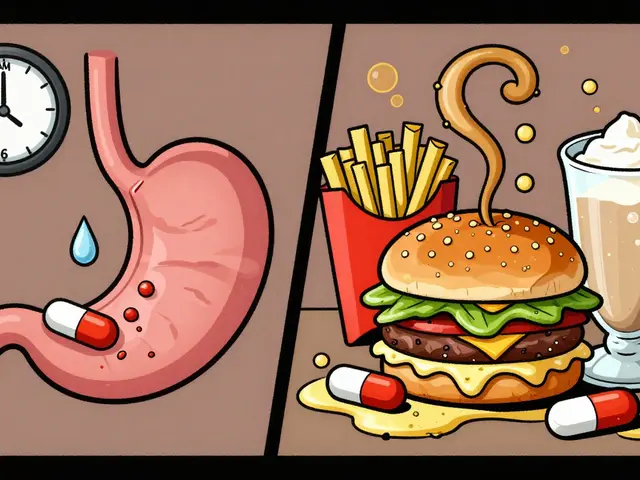Infertility – What You Need to Know
If you’re reading this page, chances are infertility is on your mind. It’s a tough subject, but the good news is there’s plenty of solid information that can help you figure out what’s going on and what to do next.
Common Causes of Infertility
Infertility isn’t just one thing – it can stem from many different factors. For women, hormonal imbalances, ovulation problems, blocked fallopian tubes, or age‑related changes are frequent culprits. Men often face low sperm count, poor motility, or structural issues that affect delivery.
Lifestyle choices matter too. Smoking, heavy drinking, and extreme stress can lower fertility in both partners. Even certain medications and chronic illnesses like diabetes or thyroid disease may play a role.
Treatment Options and Lifestyle Tips
When it comes to treatment, there’s no one‑size‑fits‑all answer. Medications such as clomiphene or letrozole can jump‑start ovulation for many women. Intrauterine insemination (IUI) and in‑vitro fertilization (IVF) are common assisted‑reproductive techniques that work when simpler options don’t.
For men, hormone therapy, surgery to correct varicoceles, or lifestyle changes like quitting smoking can boost sperm quality. Some couples also explore donor eggs, sperm, or embryos if natural conception remains out of reach.
Beyond medical routes, simple habits often make a difference. Maintaining a healthy weight, eating plenty of fruits and vegetables, staying active, and getting enough sleep all support reproductive health. Reducing caffeine and avoiding hot tubs or tight underwear can help men improve sperm counts.
If stress is weighing you down, consider mindfulness practices, counseling, or support groups. Talking openly with your partner about hopes and fears can keep the relationship strong while navigating treatment.
Remember that timing matters. Tracking ovulation with kits or apps helps pinpoint the most fertile days each month. Having intercourse every two to three days during the cycle keeps sperm available when the egg arrives.
Insurance coverage for fertility treatments varies, so it’s worth checking your plan and asking providers about financing options. Many clinics also offer payment plans that spread costs over time.
The articles listed under the infertility tag on CanShipMeds cover these topics in depth. You’ll find guides on specific meds, step‑by‑step IVF explanations, diet advice, and personal stories that make the information feel real and reachable.
Take one piece of advice at a time, stay patient with your body, and keep asking questions. The more you understand what’s happening, the better equipped you’ll be to choose the right path forward.










